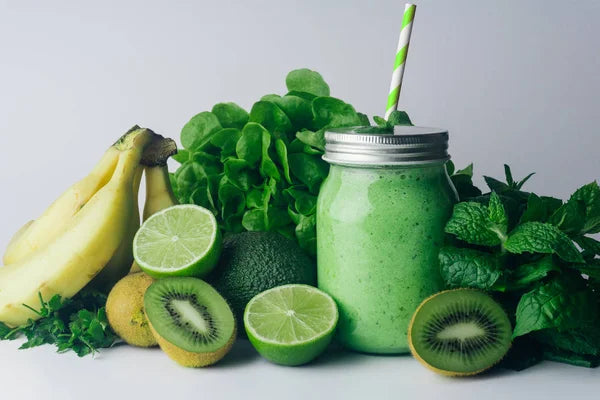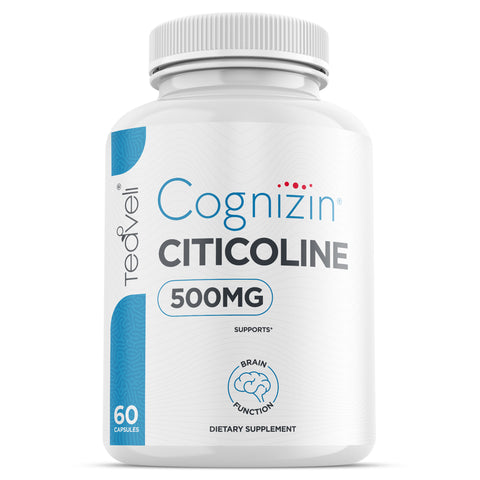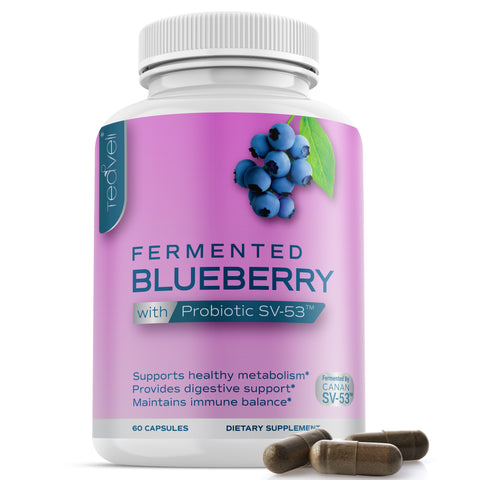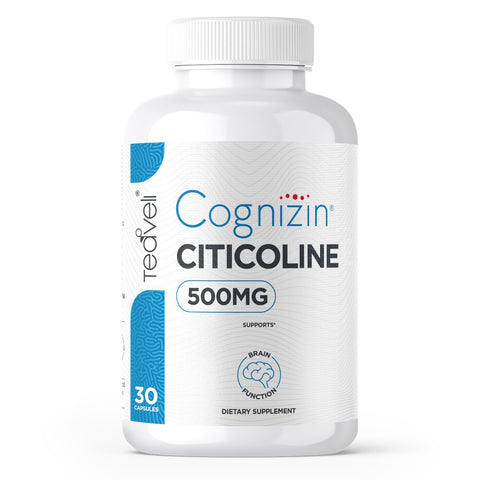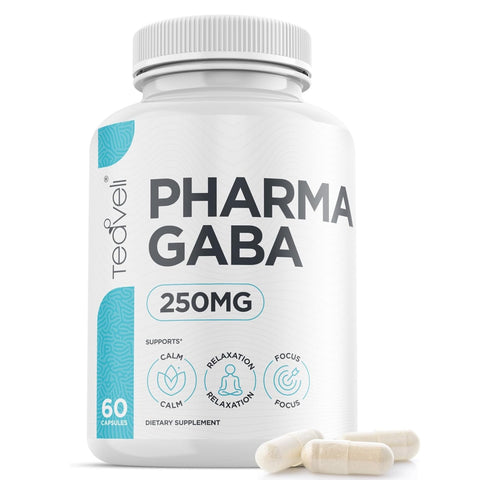5 Simple Homemade Recipes You Can Start Using Today To Optimize Your Immune System

With the current concerns about coronavirus, in addition to our everyday wellness concerns, you might be wondering how to boost your immune system. Of course wash your hands and avoid sick people, but staying well is an interconnected system requiring sleep, exercise, stress management, and diet.
By itself, diet can provide a significant boost to your immune system.
The best foods for the immune system are often full of
:
- Vitamin C
- Vitamin E
- Vitamin A
- Vitamin D3
- Vitamin B6
- Probiotics
- Magnesium
- Zinc
We've provided several immune-boosting recipes that can help with a healthy diet.
Morning Lemon Water Drinking lemon water first thing in the morning, before your morning tea or coffee, provides benefits including hydration, improved digestion, fresh breath, weight loss support, and better skin. Lemons are a great source of Vitamin C, which helps your immune system.
Drinking lemon water first thing in the morning, before your morning tea or coffee, provides benefits including hydration, improved digestion, fresh breath, weight loss support, and better skin. Lemons are a great source of Vitamin C, which helps your immune system.
The most basic version is to squeeze half a fresh lemon into 8 ounces of warm or cold water. For added flavor and health benefits, add mint, other citrus fruits, cinnamon, ginger, or healthy sweeteners such as pure maple syrup or raw honey.
Chicken Soup
There's a reason why chicken soup is a famous home remedy. The warmth and hydration alone make you feel better, but it provides added benefits. Chicken is high in protein and B vitamins, and the vegetables typically found in chicken soup, such as onion, carrots, and celery, are high in vitamins C and K. It's also full of antioxidants.
Homemade chicken soup is healthier than canned soup because of the fresh ingredients and lower sodium, and a simple version is easier than you think. You can use shredded rotisserie chicken, chicken broth, and chopped vegetables, adding your favorite noodles if desired. For more cold-fighting tools, add spinach and mucus-thinning spices such as garlic, pepper, or hot curry powder.
Sweet Potato Toast
Move over, avocado toast. Sweet potato toast is high in vitamin B6. Mash up some cooked sweet potato, add cinnamon and pure maple syrup to taste, and spread on your favorite toast. Other options include roasting sliced sweet potatoes and layering on toast with savory ingredients such as salmon and red onions. Salmon is another immunity superstar, providing DHA and EPA fatty acids to keep cells functioning properly.
Fermented Foods
Fermented foods support gut health, and most of your immune cells live in your gut. Making your own fermented foods is easy, and you can ferment almost any vegetable you like, not just the traditional cucumber pickles or cabbage sauerkraut. 
Fill a mason jar with layers of sliced veggies, aromatics like garlic or ginger, and spices. Heat your pickling liquid to a boil (2 cups water, 2 cups of your favorite vinegar, salt and sugar to taste), and carefully pour into the jars. Let cool, and then refrigerate. They're good the next day but better in 2-3 days, and they last in the fridge for 2-3 weeks. Good vegetable choices include beets, radishes, carrots, okra, cucumbers, zucchini, cauliflower, and bell pepper. Mix and match to create your custom blend.
Chaga Mushrooms Smoothies
When you think smoothies, you probably don't think mushrooms, but chaga mushrooms have long been recognized for their anti-viral properties. Chaga mushrooms support the immune system because they reduce inflammation, kill certain harmful bacteria, and are loaded with antioxidants. In fact, these mushrooms score three times higher than acai berries on the ORAC scale (Oxygen Radical Absorption Capacity, which measures antioxidant levels).

They have an earthy taste similar to coffee, so they can easily be incorporated in a smoothie. For a powerful recipe full of immune support, blend together a scoop of chaga mushroom powder, 1/2 avocado, fresh ginger, fresh or frozen spinach, 1/4 cup frozen pineapple, 1/4 cup frozen cherries, 1/4 cup plain Greek yogurt, 1 teaspoon coconut oil, 1 teaspoon flax seeds, and a dash of cinnamon.
Our chaga mushrooms are ethically wildcrafted, picked only from live Birch trees that are at least 8 feet tall to prevent contamination. Chaga mushrooms are picked from the Laurentian forests in Canada.

